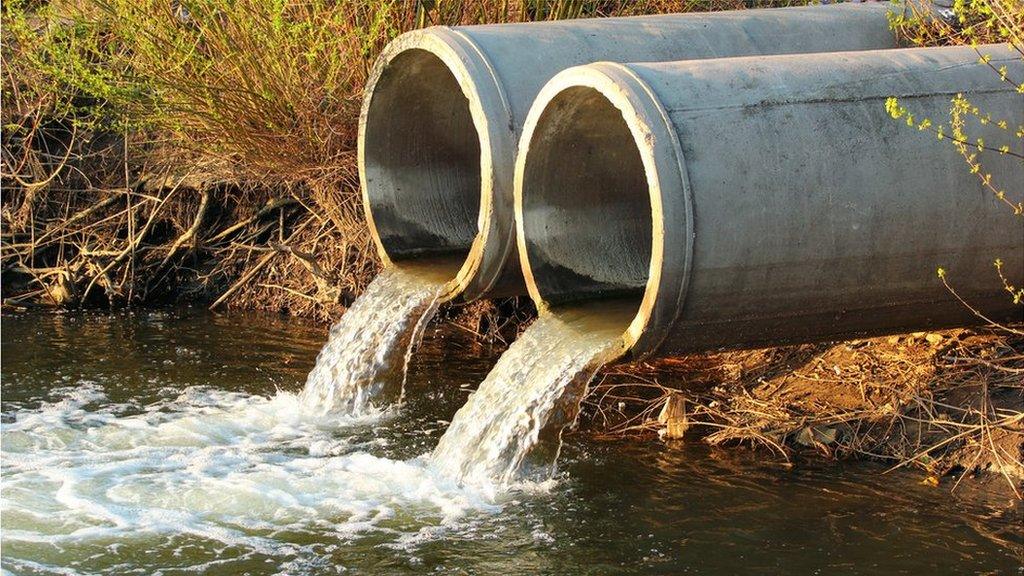River Medway: High chemical levels caused by sewage and agriculture waste
- Published
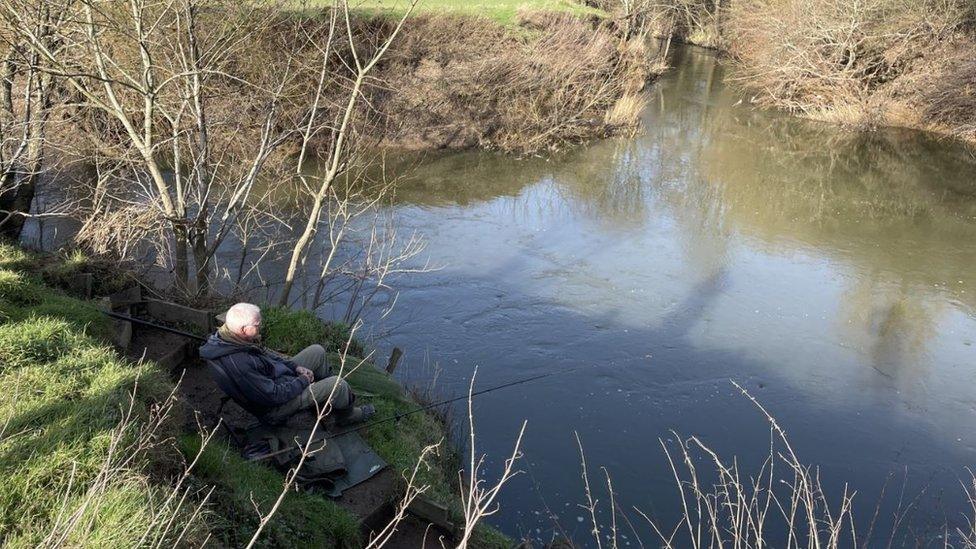
Angling Trust said 83% of English rivers contain evidence of high pollution caused by sewage and agricultural waste
A project by anglers has revealed parts of the River Medway are among the most polluted in the country with chemicals associated with sewage.
Waste from agriculture and detergents are also thought to be behind the increased level of phosphates.
The Angling Trust said the government needed to do more to reduce waste.
The government said: "We are taking comprehensive action to tackle water pollution in our rivers."
A spokesperson for the department for the environment, food and rural affairs (DEFRA) said there would be more investment, stronger regulation and tougher reinforcement.
'No guidance'
According to the Angling Trust, 83% of English rivers contain evidence of high levels of phosphates.
Stuart Singleton White, the Angling Trust's head of campaigns, said: "Current environment laws to tackle river pollution are blunt tools that come with no guidance as to where phosphate reductions should be made to see the biggest improvements."
"Much stronger regulations are essential to ensure money is invested where it will make the most positive difference," he added.
The Angling Trust said it aims to strip phosphate in certain parts of rivers, which could be achieved with a low level of investment.
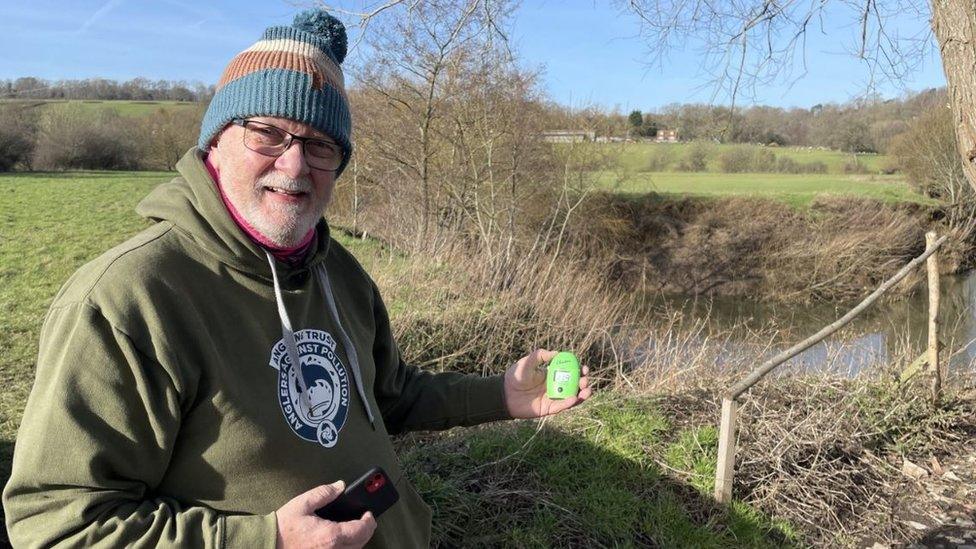
Ian Tucker said stretches of the river have recorded phosphate levels almost eight times higher than normal
Ian Tucker, from the Royal Tunbridge Wells Angling Society, said that stretches of the Medway near him have recorded phosphate levels almost eight times higher than what is expected.
He told BBC South East: "The phosphates and sunlight create algae - and the algae just overtakes and takes all the [...] oxygen."
Southern Water said the Angling Trust was "absolutely right to highlight the impact" of phosphates.
A spokesperson said the water company had been making huge investments in new treatment processes to remove phosphates since 2020, with more than 100 works being upgraded.
The biggest source of the chemicals was agricultural run-off and the water company was working closely with farmers to help them reduce this, Southern Water added.
A spokesperson from DEFRA added: "We are also taking swift action against those who break the rules, including increasing funding for Ofwat, giving them new powers, and changing the law."

Follow BBC South East on Facebook, external, on Twitter, external, and on Instagram, external. Send your story ideas to southeasttoday@bbc.co.uk, external.
Related topics
- Published2 February 2024
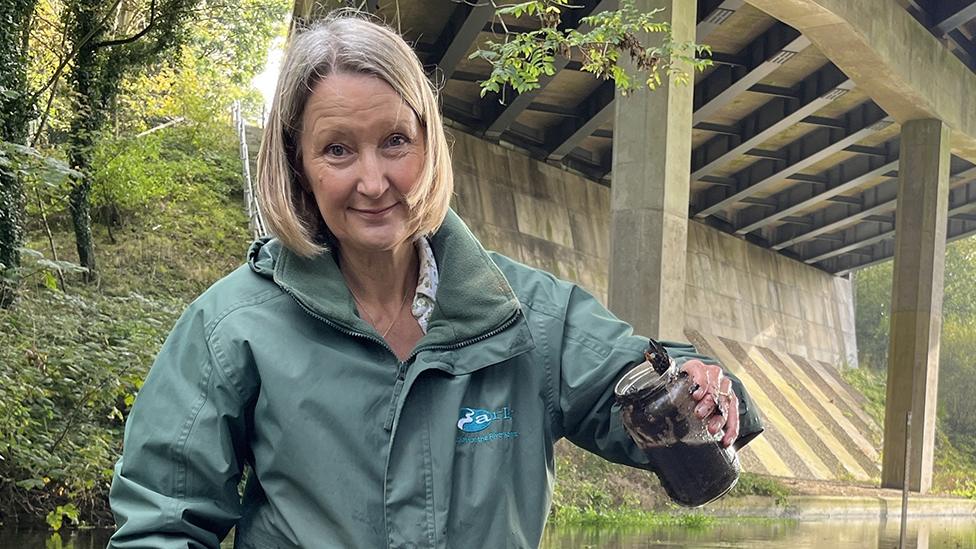
- Published28 April 2017
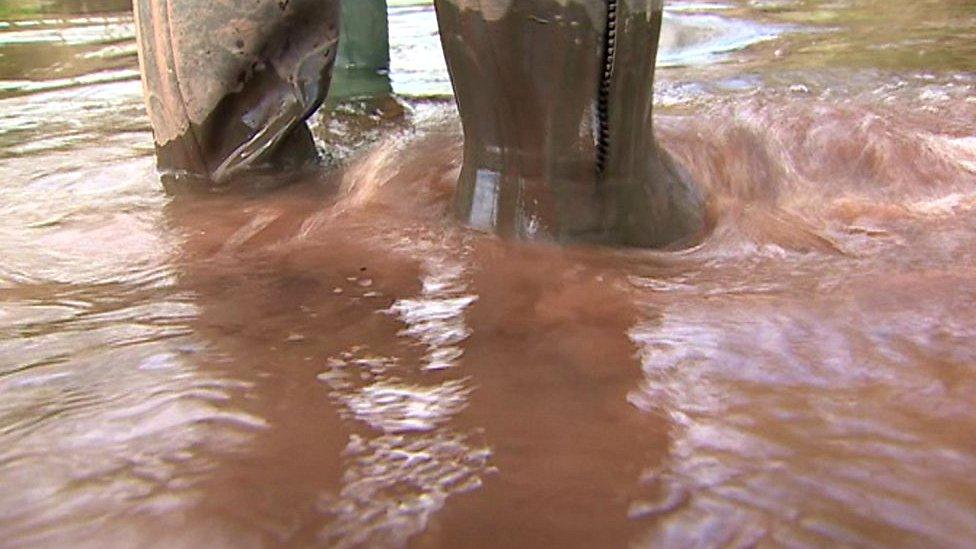
- Published26 January 2024
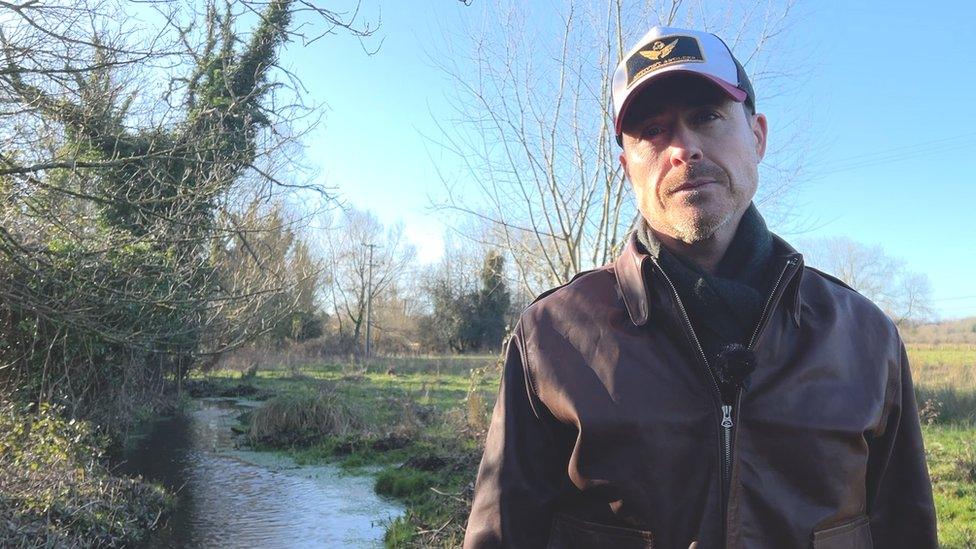
- Published16 November 2023
